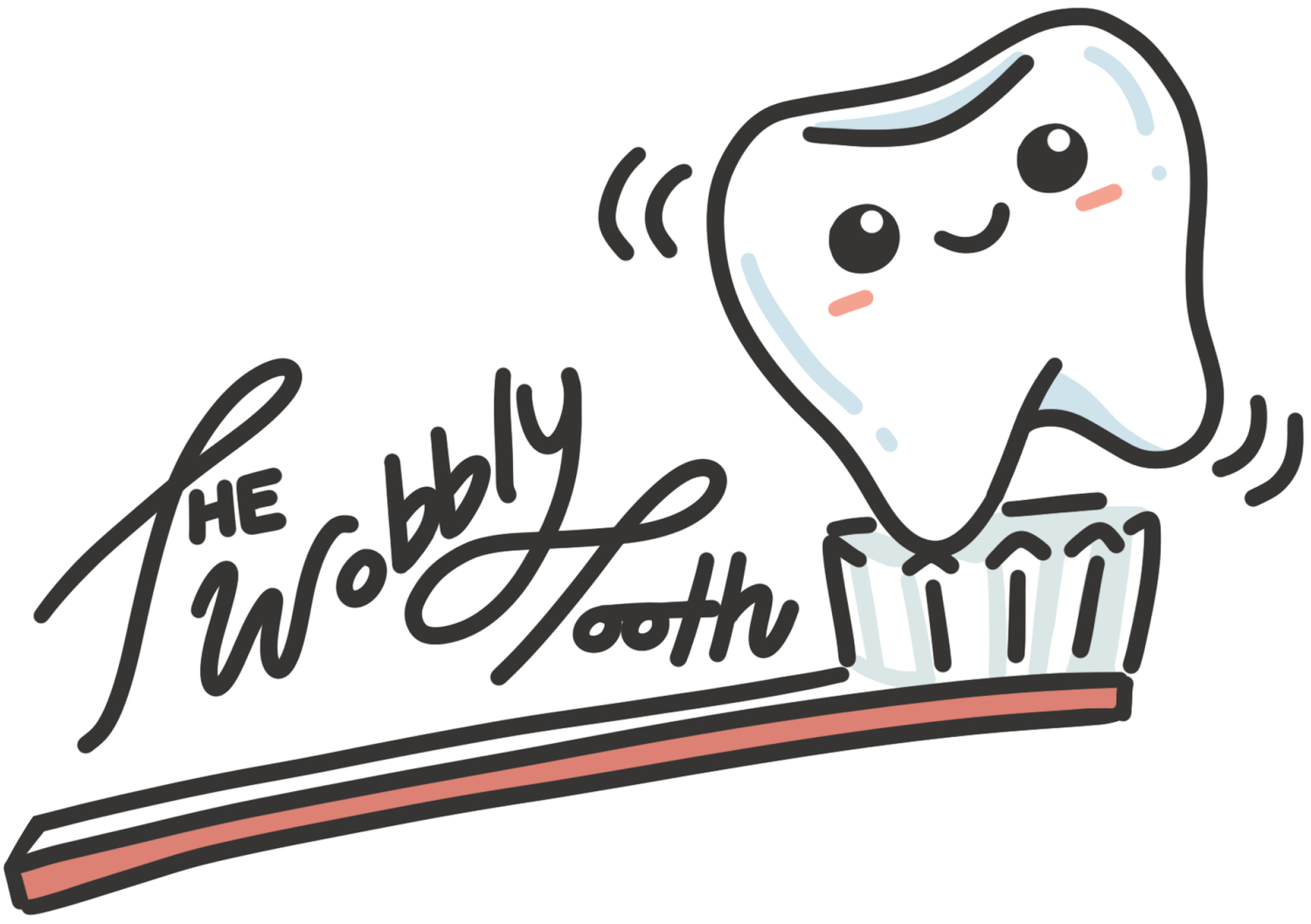Top 10 Reasons Why Dental Implants Fail.
Dental implants are a popular and effective solution for replacing missing teeth. However, like any medical procedure, there is a small risk of failure. In this blog post, we will discuss the top 10 reasons why dental implants may fail and what can be done to prevent or address these issues.
Poor oral hygiene. One of the most common reasons for dental implant failure is poor oral hygiene. It is important to maintain good oral hygiene habits, including brushing and flossing regularly, to keep the implant clean and free of bacteria. If bacteria build up around the implant, it can lead to infection and implant failure.
Insufficient bone density. Dental implants are anchored in the jawbone, so the bone needs to be strong enough to support the implant. If the bone is too soft or too thin, the implant may not be able to fuse properly with the bone, leading to implant failure.
Smoking. Smoking can decrease blood flow to the gums, making it harder for the implant to heal and integrate with the surrounding bone. Smokers are also more prone to infection and gum disease, which can increase the risk of implant failure.
Poor fit. If the implant is not properly fitted, it can cause problems with the bite and lead to implant failure. It is important to work with an experienced and skilled dental professional to ensure that the implant is properly placed and fitted.
Surgical errors. Any surgical procedure carries a risk of complications, and dental implant surgery is no exception. In rare cases, implant failure can be caused by surgical errors, such as improper placement of the implant or damage to the surrounding bone or tissue.
Chronic illness. Certain medical conditions, such as diabetes or autoimmune diseases, can make it more difficult for the body to heal and increase the risk of implant failure. It is important to discuss any chronic medical conditions with your dental professional before undergoing implant surgery.
Allergic reactions. Some people may have an allergic reaction to the materials used in the implant, such as the titanium alloy or the cement used to secure the implant. This can lead to implant failure or other complications.
Bruxism. Bruxism, also known as teeth grinding, can put a lot of strain on dental implants and cause them to fail. If you grind your teeth, it is important to discuss this with your dental professional and consider wearing a mouthguard to protect your implants.
Trauma to the mouth. If the implant is subjected to trauma, such as a blow to the mouth, it can cause the implant to fail. It is important to take precautions to protect your mouth and implants, such as wearing a mouthguard while playing sports.
Age-related factors. As we age, our bone density naturally decreases, which can make it more difficult for dental implants to fuse with the bone. Additionally, older adults may be more prone to certain medical conditions that can increase the risk of implant failure.
In conclusion, there are several factors that can contribute to dental implant failure, including poor oral hygiene, insufficient bone density, smoking, poor fit, surgical errors, chronic illness, allergic reactions, bruxism, trauma to the mouth, and age-related factors. It is important to work with a skilled and experienced dental professional and follow proper care instructions to minimize the risk of implant failure.
References:
"Dental Implants: The Good, the Bad, and the Ugly" (https://www.colgate.com/en-us/oral-health/cosmetic-dentistry/dental-implants/dental-implants-the-good-the-bad-and-the

